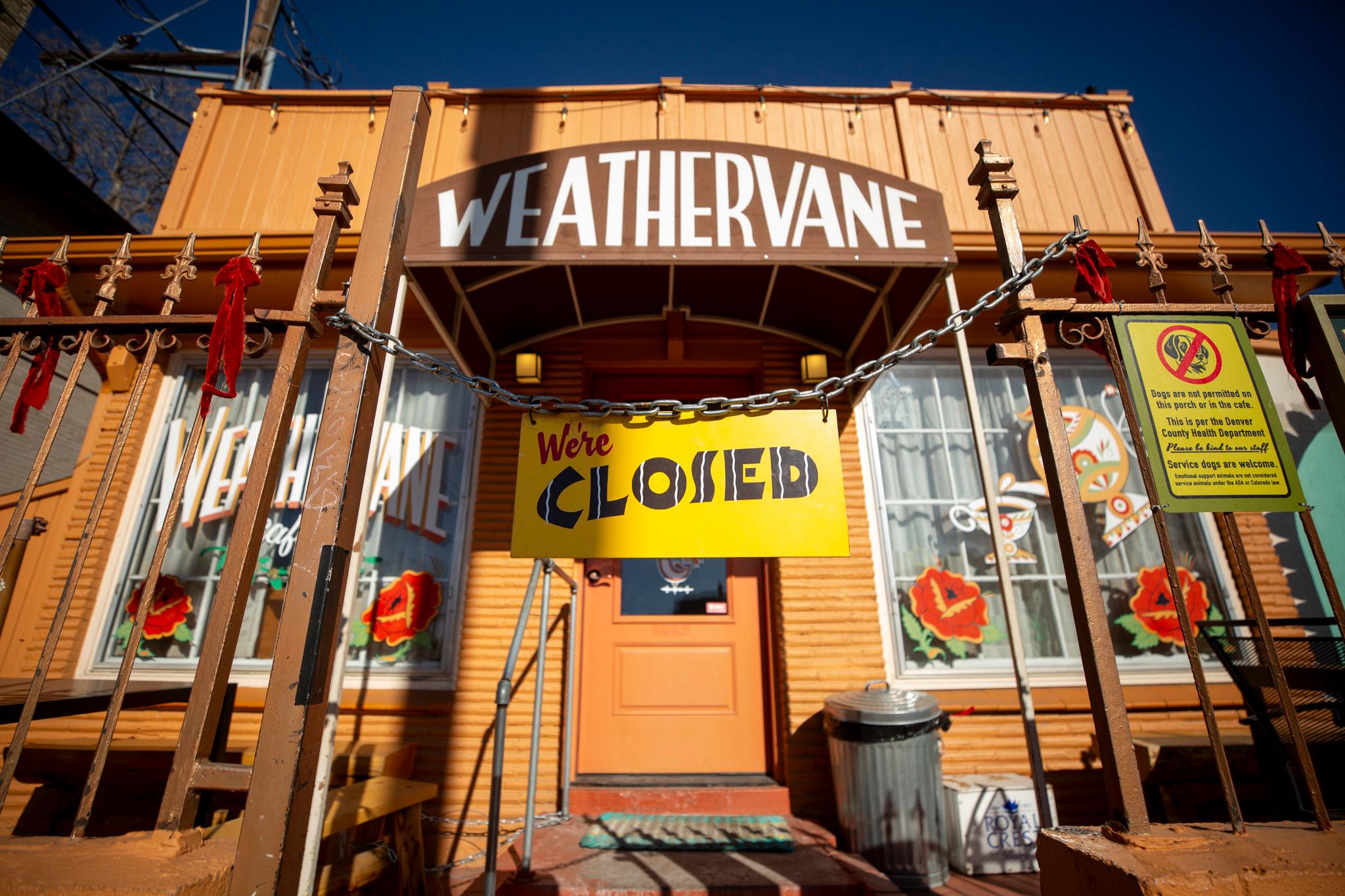
Negotiators from seven Western states missed a crucial deadline Tuesday to reach a consensus on dividing up water from the Colorado River.
The states are negotiating new guidelines for how the federal government manages the largest dams and reservoirs on the river. The current guidelines have been in place since 2007 — but they expire this year, and a new plan needs to be in place by fall of 2026.
The Interior Department set Tuesday’s deadline in June, although states have been hurtling towards the current impasse for around two decades. During that time, growing demand for water, plus an increasingly hot, dry climate, has squeezed supplies on the river.
At issue is how the Upper Basin states (Colorado, Wyoming, Utah, New Mexico) and the Lower Basin states (Arizona, Nevada, California) will cut back their water use in the future.
“It doesn’t look like the states have made any meaningful progress on that issue,” said Chris Winter, executive director of the Getches-Wilkinson Center at the CU Boulder Law School. “They’ve been negotiating now for many years on that key point.”
The failure to reach a consensus, or even the framework for a new deal, raises the likelihood that the federal government may step in with a plan, one that could impose water cuts on states, including Colorado.
That’s because the Bureau of Reclamation, part of the Interior Department, is currently analyzing its own alternatives to manage the river. Any alternative will be reviewed by tribal governments, which have a major stake in the river, and go through a public comment and environmental review process, which can take months.
Winter said the clock is ticking for the agency to meet its own legally-mandated targets.
“It’s becoming more and more difficult to see how the Department of Interior is gonna get all of that work done in the little bit of remaining time that it has,” he said.
The states are continuing to negotiate in the short-term, according to statements from Colorado and the federal government.
“While more work needs to be done, collective progress has been made that warrants continued efforts to define and approve details for a finalized agreement,” a spokesperson for the Interior Department said in an email.
Becky Mitchell, Colorado’s lead negotiator, said in a statement that the Upper Basin states “are taking a meaningful step toward long-term sustainability and demonstrating a shared determination to find supply-driven solutions.”
Even if talks are continuing, it’s clear the states remain far apart.
At a Colorado water summit a few weeks ago, Mitchell said the Upper Basin would push back against any efforts to cut their water use. Upper Basin states have typically used less water than they are guaranteed under the 1922 Colorado River Compact.
On Tuesday, Arizona governor Katie Hobbs submitted a letter to Interior Secretary Doug Burgum, urging him to enforce mandatory water cuts that Upper Basin states like Colorado are resisting.
“This extreme negotiating posture…has led to a fundamental impasse that is preventing the successful development of a seven-state consensus plan for management of the Colorado River,” the letter said.
Mitchell, at the summit, said she would not commit to a specific volume of water cuts in states like Colorado, because of the variability in how much water is available.
“ I have no idea what Mother Nature is going to do to any of you in this room this year,” she told a room full of water professionals. “But I guarantee you some of you will suffer.”
A coalition of seven environmental groups, including The Nature Conservancy and the Environmental Defense Fund, said in a joint statement they were “deeply disappointed” that states could not reach an agreement.
“Drought, intensified by increasingly extreme conditions, is reshaping the Basin, and the window to secure the River’s future and move beyond crisis-driven policymaking is closing fast,” they wrote.
Despite major sticking points, and before Arizona’s letter, Mitchell said at the summit she was optimistic that the states could still strike a deal.
“ I'm still very committed to a seven-state consensus,” she said. “Nevermind what the news says. I am still optimistic.”









